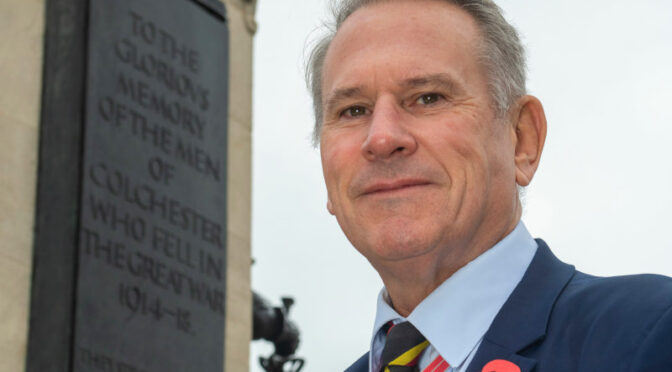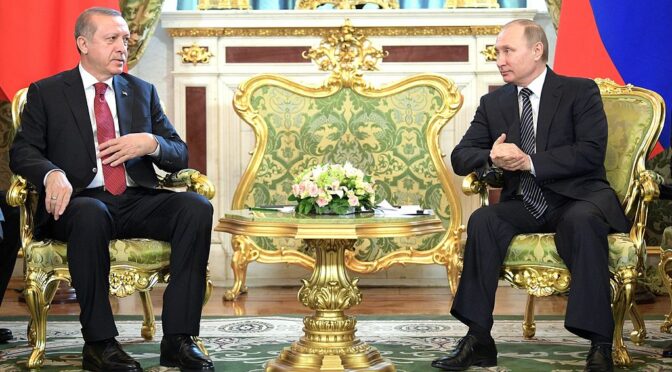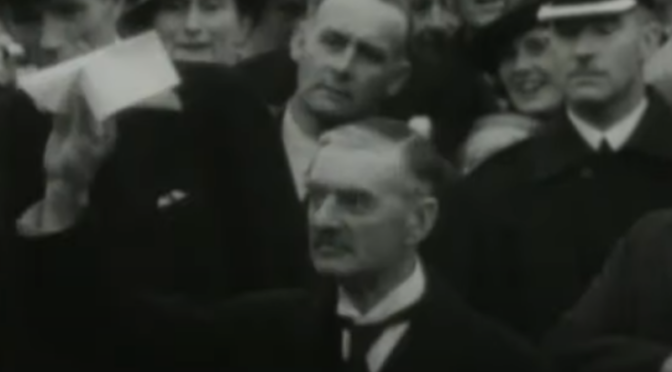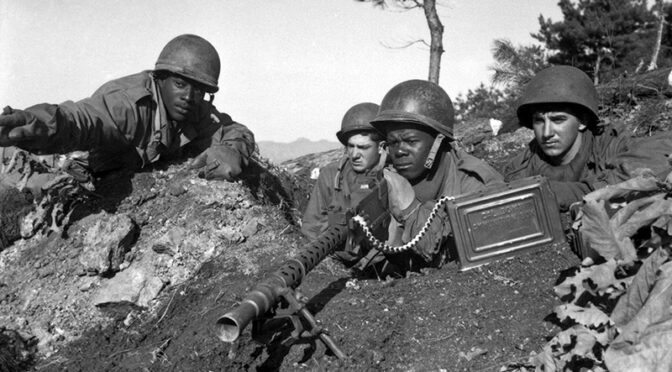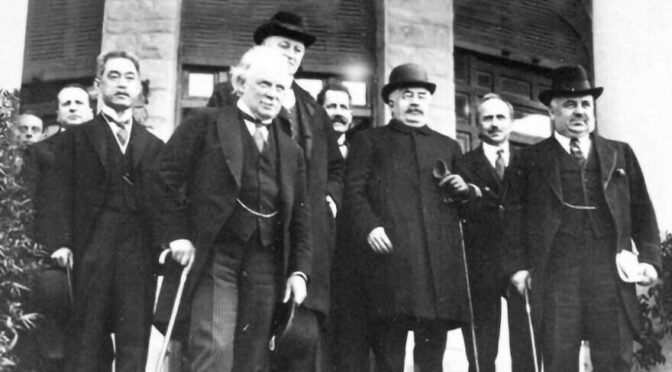Article published in The Daily Telegraph, 20 November 2020. © Richard Kemp
This week’s increase to the defence budget of £16.5 billion over four years will give the British armed forces a much-needed shot in the arm after decades of deep cuts by successive governments. This cash must come from somewhere as we confront the economic devastation wrought by coronavirus. One source is the overseas aid budget where the Government has signalled a likely reduction.
That is like a red rag to a bull, including to those who argue that military capability will be bought at the expense of strategic influence overseas assistance provides. We should of course do what we can to support under-developed countries. But the soft power-hard power argument doesn’t stand up and as we don’t have unlimited resources for both, military power must win out. The concept of soft power is vague, unquantified and necessarily unfocused. The aid that supposedly buys it is too often squandered in a morass of corruption. While it has political benefit, as a tool of either strategy or policy, soft power lacks significant utility unless national interests converge.
Soft power is far more attractive to liberal policy establishments than the hard power of coercive force. But it doesn’t cut any ice with those who would do us harm. How effective was soft power in preventing Russian aggression in Eastern Europe or poisoners in Salisbury? How much influence does it buy with China and its imperialist expansion in the South China Sea or industrial-scale theft of intellectual property? Did French aid to Turkey, which has been one of its top ten beneficiaries, give pause to President Erdogan when he insulted President Macron and appeared to incite attacks against France? A direct example is the Taliban campaign in Afghanistan. Instead of being persuaded by soft power to support our efforts against jihadists, the government of Pakistan pocketed our aid payments while spending profusely on funding, supporting and harbouring terrorists who were trying to kill our soldiers.
Intelligence, coercive diplomacy and military power, on the other hand, have direct utility in the defence of our national interests, in deterring conflict, and in global influence from which flows economic benefit. This also remains true for our relations in Europe, especially post Brexit. And Britain retains its special relationship with the world’s greatest superpower. Those that deny it often do so to denigrate our global standing. Marching shoulder to shoulder with the US in every conflict since Vietnam has not only given us influence in Washington DC, but in countries around the world who recognise Britain’s value as a conduit to America. Continue reading

